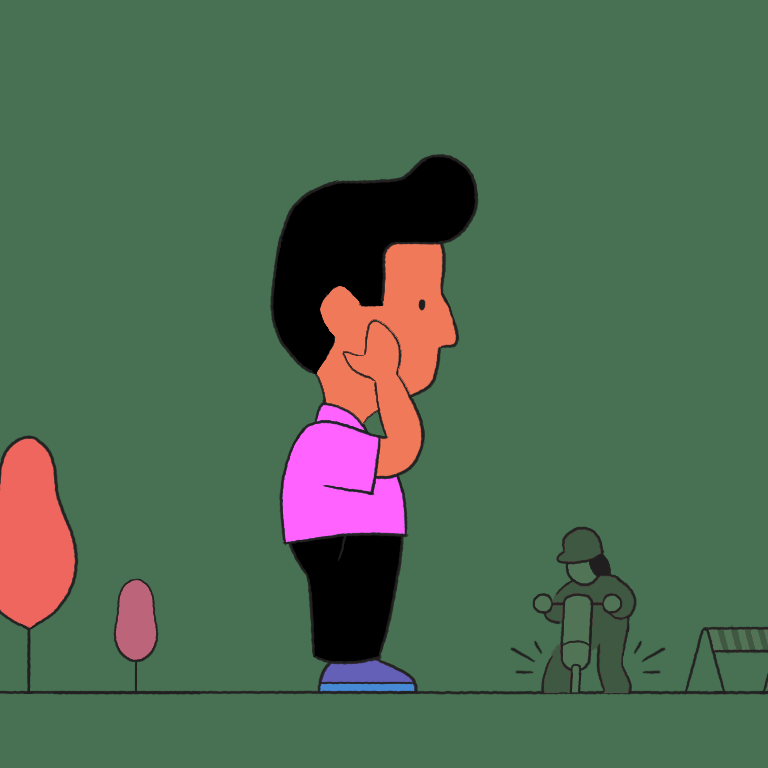Neurological health is at the core of everything we do as humans, from brushing our teeth to exercising to chatting with friends. Despite being responsible for crucial things like our brain function and motor skills, many of us don’t keep our neurological health top of mind until we get older, but that’s a mistake. Developing symptoms of a neurological disorder isn’t something to brush off, because having a neurological condition—whether it starts from birth or develops later in as you age—can be life-changing.
What is neurological health? | Nervous system, explained | Neurological disorders | Neurological symptoms | Diagnosing neurological disorders | Improving neurological health
What is neurological health?
Neurological health refers to the overall state of your nervous system, which guides nearly everything you do, think, say, or feel, according to the Centers for Disease Control and Prevention. Your nervous system is like the headquarters of your body and allows you to do all the things that make you human, such as:
- Remembering your route to work
- Learning a new language
- Feeling scared during a horror film
- Staying balanced while walking
- Tasting the sweetness in a cookie
- Falling asleep at night
- Breathing without thinking about it
- Feeling anxious or calm during a stressful work project
- Digesting food and beverages
- Going through puberty
Your nervous system is a huge network of nerves that send electrical signals to and from other cells, glands, and muscles in your body, in addition to interpreting the information around you. This system is made up of special cells called neurons that send different messages depending on their particular function or type, according to the National Institutes of Health (NIH). Motor neurons tell your muscles to move, for example, while sensory neurons collect information from your senses, like sight or sound, and communicate what it learns to your brain.
How does the nervous system work?
Your nervous system is broken into two main parts: Your central nervous system (made up of your brain and spinal cord) and your peripheral nervous system (made up of nerves branching off from your spinal cord that travel through different areas of your body).
The main parts of your nervous system include:
- The brain, which contains blood vessels to circulate oxygen through your body and nerves. It analyzes messages sent from your nerves and also uses nerves to communicate to your body, telling it to do things like raise your arm.
- The spinal cord, which is a long, tubelike band of tissue that connects your brain to your lower back1. The spinal cord helps carry nerve signals that are responsible for helping you move and feel sensations, which are communicated between your brain and body.
- Neurons (nerve cells), which send and receive electrical and chemical signals to and from one another and other cells to communicate to your body what actions to do2. Each nerve has a protective outer layer called myelin which insulates the cell and helps messages get through efficiently.
- Glia, which are cells that help keep your nervous system functioning as it should. They offer support by holding neurons in place, protecting and repairing neurons, creating myelin, and getting rid of dead neurons, according to the NIH.

